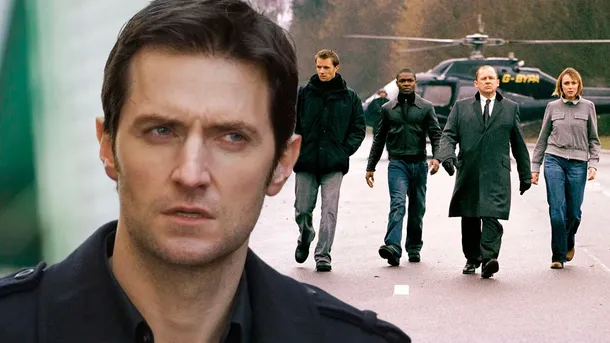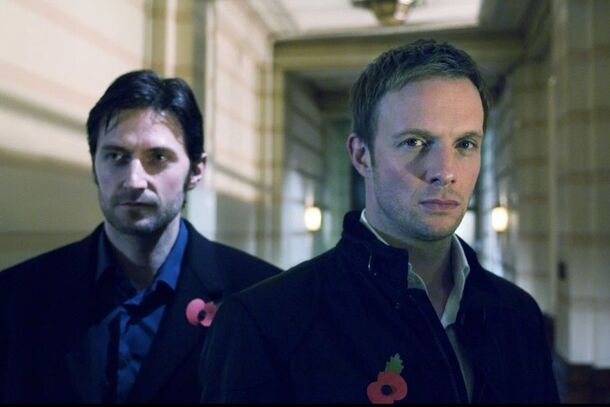We Rewatched 'Spooks' Season Six — And Found Out What Really Set It Apart

Turns out the nuclear plotline wasn’t even the headline.
Spooks (released as MI-5 outside the UK) — the BBC spy drama that ran from 2002 to 2011 — has long held cult status. It’s a series about MI5 officers living on the edge, constantly balancing national duty and personal cost. Fast-paced, clever, and unflinching, it was the kind of television that didn’t shy away from difficult questions. Who are we, when we serve the system? And what if the system asks too much?
Season Six is often remembered for its nuclear storyline and the diplomatic tension surrounding Iran. But a rewatch makes one thing clear: the real shift wasn’t geopolitical. It was structural. For the first time, the story stretches across all ten episodes — abandoning the usual 'threat of the week' format. The result is tighter, moodier, and, in a sense, more grown-up.
The show expands geographically but feels more intimate. The pressure doesn’t just come from the outside — it builds within the team. Mistakes, compromises, exhaustion — all of it comes to the surface. Isn’t that the strength of good drama? When the most dangerous things aren’t explosions, but quiet betrayals and everything left unsaid?

And finally, near the end, Spooks does something unexpected: it says goodbye to Adam Carter — a key character played by Rupert Penry-Jones. His exit is quiet, unflashy, but weighty. It’s not just a twist; it’s a turning point. This is no longer just a spy thriller. It’s a show that dared to shift — and pulled it off.
